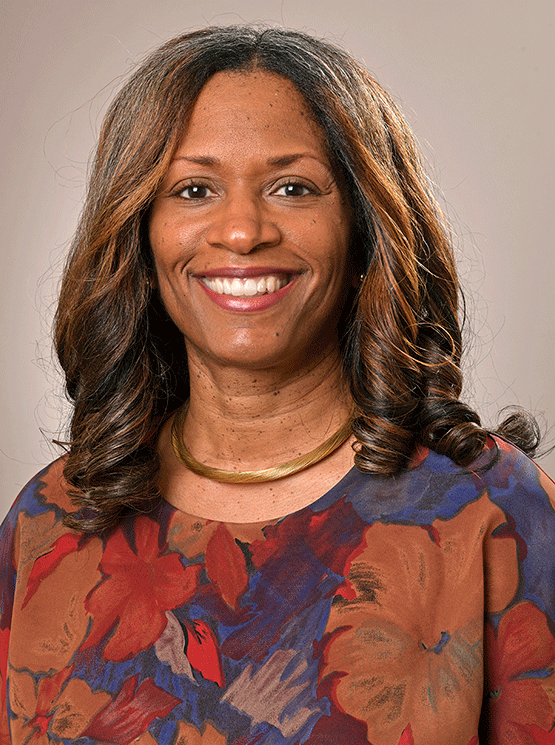news
Georgia Gwinnett College professor shares best financial practices for end-of-year planning

By Collin Elder
As 2021 draws to an end, people of all walks of life prepare for the last leg of their annual financial journey. December brings with it the thrill of the holiday season, but also the strain of spending, whether it be on travel costs or gifts, events or food, new insurance plans or final medical bills.
People feel the end of the year in their wallets, but what can they do to alleviate some of that fiscal hurt?
Dr. Cathy McCrary, assistant professor of accounting at Georgia Gwinnett College, offers several tips and techniques to answer that question.
Financial coach vs. planner
One of the first things people consider when planning their budgets for the coming year should be where they get their information – a financial coach or planner.
According to McCrary, a coach is someone who gets in the trenches with you, really focusing on the details of your spending habits. A financial coach can help you determine whether you have unused subscriptions, create a detailed month-by-month budget, and identify ways you can avoid wasting money and instead put every dollar to work for you.
“A financial coach spends time helping you to analyze what you're doing so that you can build better habits,” said McCrary.
On the other hand, a planner has more of an advisory role, recommending investments and helping you determine an overall financial strategy that works best to maximize your resources.
Understand your information sources
People want to know that the advice they’re getting is reputable, so they may turn to the media to help them answer questions. These questions can range from “What toy company do I buy from for my son’s gifts?” to “What charities are best to donate to before the end of the year?” For this, we have experts like Dave Ramsey and Clark Howard, titans of personal finance who frequent news networks with advice.
McCrary said they are trustworthy sources, though their advice is general in nature.
It’s important to know yourself and your specific situation to apply their advice wisely. This is where the financial coaching and planning can be helpful.
Know your resources and habits
“You need to look at what you're working with first to create a realistic budget,” McCrary said, recommending that people be diligent in tracking their income, expected costs of living and all of the little ways they may nickel and dime their paychecks away.
Once you’ve created as detailed of a spending report as you can, you’ll have a better view of opportunities to cut back on spending. Even small things like closing a streaming service account and renting movies for free from a library will pay off in the long haul. This one change may divert $100 or more a year into savings.
Streaming services and other subscriptions are examples of falling into the trap of indulgent convenience where you pay a premium to have all options available to you, despite using only a fraction of available service. Cutting back on services you don’t use regularly can add up to extensive savings over the long haul.
Neutral Debt
McCrary said that debt isn’t inherently good or bad. Having debt helps you build credit, which in turn supports your ability to qualify for loans or secure housing. At the same time, high levels of debt, especially when paired with high interest, can be a years-long burden for consumers. It is important to manage your debt and make wise choices about credit and loans.
“Some loans, like payday loans, are more predatory in nature,” said McCrary. “They charge an exorbitant amount of interest, so if you can, you should prioritize paying them off as soon as possible.” Payday loans are attractive because one can access funds quickly, using their paychecks as collateral, but the high interest rates require paying back much more than one borrowed.
Overall, McCrary’s advice is to know yourself and your situation, and to educate yourself by reading articles and books on personal finance. Your diligence in learning and applying sound personal finance wisdom will be well worth the effort.
Collin Elder, class of 2023, is a student writer in GGC’s public relations department.
